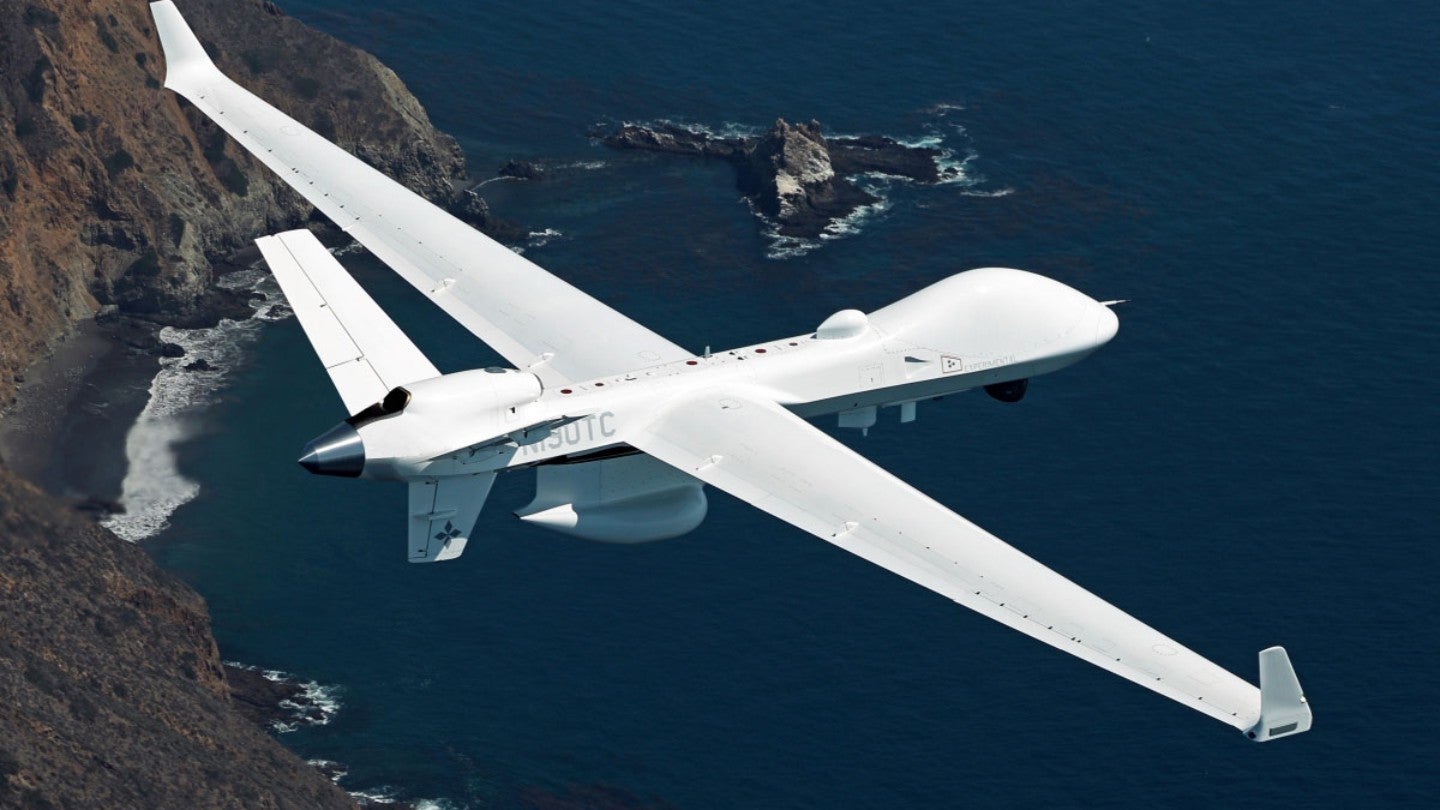
US-based company General Atomics Aeronautical Systems (GA-ASI) has officially been selected to support Japan’s medium-altitude, long-endurance (MALE) remotely piloted aircraft systems (RPAS) Trial Operation Project.
The project has been scheduled for commencement later this April.
It will allow the company to offer its MQ-9B SeaGuardian RPAS to the Japan Maritime Self-Defense Force (JMSDF) for conducting a wide range of tests.
The evaluation process will further help in determining and reviewing the adaptability of GA-ASI’s aircraft to support the JMSDF’s crewed-uncrewed teaming missions through which the service is planning to minimise human dependency.
GA-ASI president David Alexander said: “We’re pleased to support the JMSDF’s trial operation with our SeaGuardian UAS.
“We know there is a need in Japan and worldwide for affordable long-endurance airborne surveillance in the maritime domain.”
Previously, GA-ASI has also been selected to support Japan Coast Guard (JCG) RPAS project.
With the latest announcement, the Japanese government is now planning to facilitate the exchange of gathered data between JCG and JMSDF’s SeaGuardian RPAS.
SeaGuardian is a naval variant of GA-ASI’s MQ-9B SkyGuardian uncrewed platform, designed to provide advanced maritime Intelligence, Surveillance and Reconnaissance (ISR) and anti-submarine warfare capabilities.
It is equipped with multi-mode maritime surface-search radar system that features an inverse synthetic aperture radar imaging mode.
Besides, SeaGuardian includes an Automatic Identification System (AIS) receiver along with a high-definition and full-motion video sensor fitted with optical and infrared cameras.
The complete sensor suite allows the maritime forces to perform real time identification and detection of surface vessels.
The RPAS can operate for thousand square nautical miles, simultaneously performing automatic target tracking.
In July last year, GA-ASI won a contract from the US Marine Corps to deliver eight MQ-9A extended-range RPAS.



